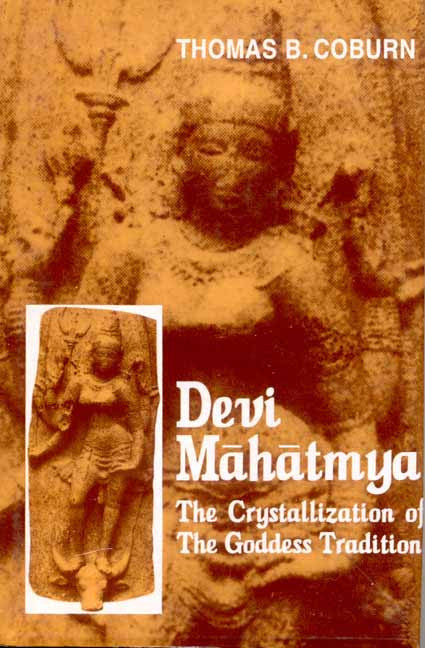Devi Mahatmya: The Crystallization of the Goddes Tradition
Devi Mahatmya: The Crystallization of the Goddes Tradition - Paperback is backordered and will ship as soon as it is back in stock.

Devi Mahatmya: The Crystallization of the Goddes Tradition - Paperback is backordered and will ship as soon as it is back in stock.
The Devi-Mahatmya is well-known to both devotees and scholars of the Indian Great Goddess. It is the first comprehensive account of the Goddess in Sanskrit, and it has maintained its centrality in the Goddess (Sakta) tradition to the present day. Like so much in that tradition, however, the text has until now resisted careful study from an historical perspective. It is this study that the present volume accomplishes.
The central task here is to explore how an anonymous Sanskrit text
articulates a view of ultimate reality as feminine when there is virtually
no precedent in the Sanskrit tradition for such a view. To accomplish this
task, an appropriate method of scriptural analysis is developed. This
involves an examination of Hindu understanding of the Puranas in general,
and of the Devi-Mahatmya in particular, along with consideration of several
recent scholarly discussions, in India and elsewhere. Subsequently, a
comprehensive inquiry into the Goddess's epithets in this text is
undertaken, followed by examination of the earlier history of the myths
that the Devi-Mahatmya associates with her. The study culminates in
translations of the text's hymns, which are annotated so as to indicate the
synthesis that is here being accomplished. The resulting illumination of
Sanskritized form of Goddess worship is what Daniel H.H. Ingalls calls in
his Foreword "a notable scholarly achievement."
Review(s)
About the Author(s)
THOMAS B. COBURN is a Professor of Religious Studies at St. Lawrence
University, New York, where he also currently serves as Vice President of
the University and Dean of Academic Affairs. In addition to Devi Mahatmya,
he is the author of Encountering the Goddess: A Translation of the Devi
Mahatmya and A Study of Its Interpretation, as well as numerous articles on
Indian and comparative topics.
-
Pages
-
Edition
-
Size
-
Condition
-
Language
-
Weight (kg)
-
Publication Year
-
Country of Origin
-
Territorial Rights
-
Reading Age
-
HSN Code
-
Publisher




